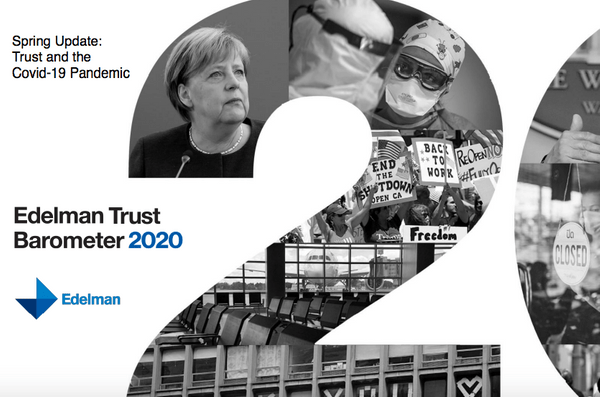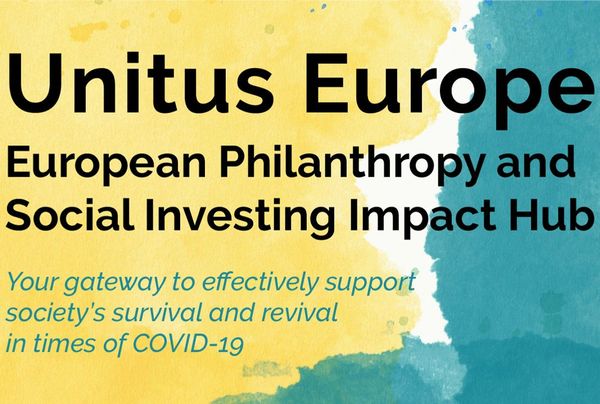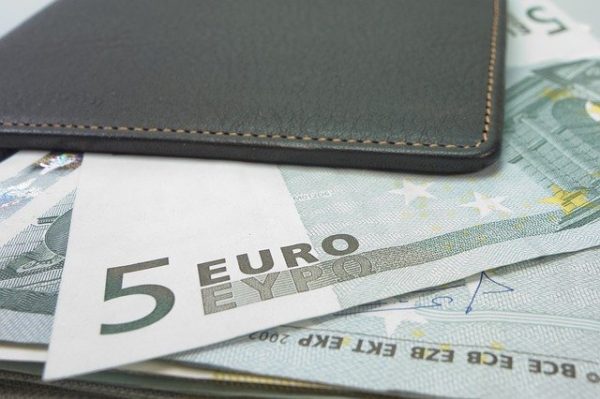
Trust in NGOs rises during Covid-19 crisis
May 20, 2020
Philanthropy & social investing hub launches to boost funder response to pandemic
June 3, 2020The coronavirus has seen Finns reduce their charitable giving while charities’ own fundraised income has also declined, according to research from Finnish fundraising association VaLa.
In a recent survey for VaLa, conducted at the end of April, IRO Research Oy questioned 1,000 members of the public to examine the effects of COVID-19 on the charity sector in Finland. VaLa also conducted a survey among member organisations on the topic, to which one third of its members participated.
Public support declines during Covid-19
Almost half of respondents to IRO Research Oy’s survey said they had not supported a charity in the last two months. Pre-coronavirus, 73% of Finns said they supported charities in some way.
Around a quarter said they had made a donation in the past two months, and a fifth had made donations in kind, such as clothing. According to VaLa, before the pandemic, 30% said they gave one-off donations, while 12% donated regularly to one or more organisations.
The most popular causes in the past two months have been helping vulnerable people in Finland (45%) and those in developing countries (33%). The prevention, treatment and support of various diseases (18%), treatment development and health promotion (13%) and the environment and nature (16%) have also received donations.
Causes gaining popularity for future giving include: prevention, treatment and support for various diseases (24%), treatment development and health promotion (19%), and environmental and nature protection (24%). Helping the most vulnerable in developing countries however declines to 24%.
One-third of respondents said that, following the pandemic, they would continue to donate at the same level as before, while one-third will not support charities.
Pia Tornikoski, Secretary General of VaLa, commented:
“We want to emphasise the importance of taking international responsibility in this exceptional situation. It is understandable that people are focusing on their own country but many organisations carry out global relief work and support the world’s most vulnerable. Without donations, we will see these organisations struggle both in the short- and in the long term.”
Fundraised income also falls
Finland has also seen steep decline in charities’ own fundraised income during the pandemic, with 75% of the organisations that responded to VaLa’s member survey having already seen or expecting disruption to cash flow.
The responding organisations budgeted for EUR 52.6 million in fundraised income in 2020 overall. However, due to the impact of the current situation, almost all reported that they would fall short of their set targets. Four organisations said they anticipated a deficit of up to 50%.
Almost half, 45%, of respondents said they will have to reduce costs and so far staff numbers have been reduced by 15%, with 35% leaving vacancies unfilled.
VaLa’s proposed measures
VaLa is proposing the following measures to support the sustainable private funding of organisations:
– Expanding the range of recipients of tax-deductible donations, which would in particular encourage companies to donate to solve current social problems.
– Reducing VAT on non-profit organisations, at least for the purchase of products and services related to fundraising.
It believes the incentives provided by these measures would have a lasting effect and encourage more non-profits to continue fundraising.
Tornikoski commented:
“On the basis of state support measures, an image has emerged that society consists of companies and the public sector. Less attention has been paid to the fact that the crisis is reducing third sector revenues by around EUR 30 million this year among VaLa’s members alone, due to a decrease in income from donations from individuals and companies, as well as other fundraising income.”




